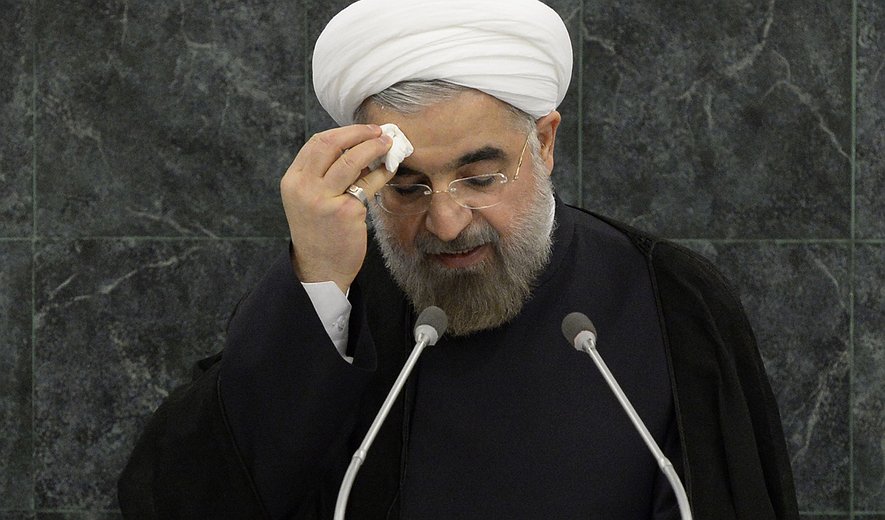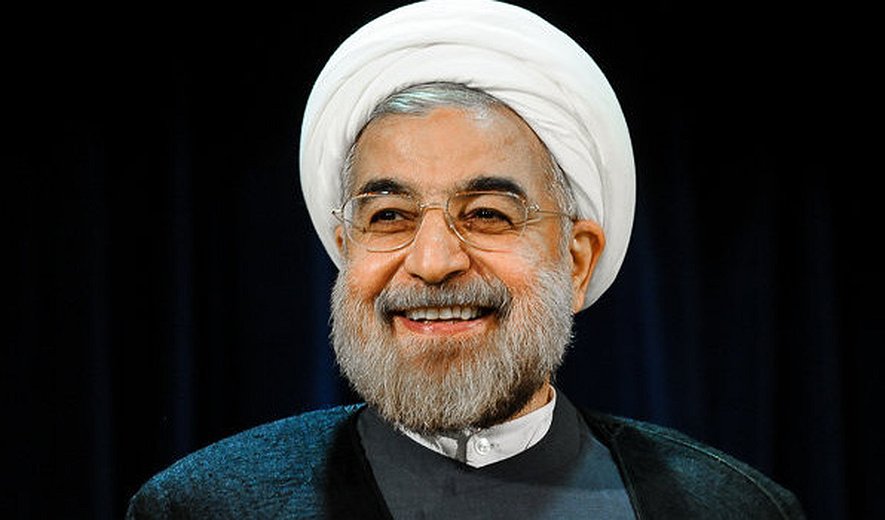“Pope Francis should call for a moratorium on Iranian death penalty”

A day before the Pope is due to meet Hassan Rohani, human rights organisations are circulating facts and figures about the excessive use of the death penalty
PAOLO AFFATATO
ROME
It is a “deadly injustice”. The figures on the implementation of the death penalty in Iran “are very worrying indeed”, Mahmood Amiry-Moghaddam tells Vatican Insider. Amiry-Moghaddam is an Iranian doctor who has lived in Norway for many years and is founder of the Iran Human Rights organisation. The NGO was created by Iranian citizens who sought political asylum abroad but are still in direct contact with the homeland. Hence, President Hassan Rohani’s visit to Europe, which includes stops in Italy and the Vatican, is a chance to call for a moratorium on the death penalty.
The figures contained in IHR’s report titled “Deadly Injustice” are alarming: 648 people were executed in Iran in the first semester of 2015, a stark increase compared to 2014, when a total of 753 executions took place in one year and 2013, when 687 executions were carried out in total. “The average number of victims is almost 4 people a day. We are concerned because it’s the highest average in the last 21 years and we do not know why Rohani’s government promotes executions being carried out at such an intense rate,” he explained.
Most of the victims (463 out of 648 in 2015) are sentenced to death for drug-related crimes. “But the victims are often the smugglers who are paid pittance, certainly not those who organise the trafficking,” Amiry-Moghaddam observed. Drug trafficking and dependency are growing among young people and the authorities are using the death penalty as a deterrent against crime. But the death sentence is not the solution and is not an efficient means of curbing crime. We want the executions to stop.”
“We believe that the meeting between Rohani and the Pope scheduled for 14 November, could be important” in drawing attention to the principle of respect for life and the inefficiency of a practice such as capital punishment. “Even though the Vatican is not a political power, it has a strong influence in terms of values as well as in symbolic terms. A comment from the Pope could have an impact: we are asking Francis to put the human rights issue on the discussion agenda.”
“Other states avoid this on account of economic, political and security interests. They avoid it out of convenience. The Pope has the freedom to ask for a moratorium on the death penalty in Iran,” he continued.
Assessing the standard of respect for human rights in Iran, Mahmood Amiry-Moghaddam remarked: “Besides the right to life which we mentioned, looking at the freedom of expression, there has been an increase in the number of blogs and the use of social media but there are also recurring waves of repression against journalists.”
Regarding freedom of conscience, he said: “we have been informed that those who convert from Islam to other religions are under pressure and society is faced with a new problem that is growing: discrimination against religious minorities. Blasphemy is punishable by execution. The system uses Islam to put pressure on the people and deny legitimate rights,” he affirmed.
But the IHR leader sees a glimmer of hope on the horizon: “Despite these difficulties, the international community has a role to play at the moment and can have a positive impact given the current climate of political and economic openness.”
This is where the Pope comes in: “Years ago, there was talk of a “dialogue between civilizations” between Iran and the Vatican and this is still possible: a frank, open and constructive dialogue is always useful and fruitful. When there is sincere dialogue, one can speak not just about the positive points but also about critical aspects, with a view to overcoming them,” he said with a sense of hope.
Mahmood Amiry-Moghaddam noted that “Pope Francis is popular in Iran, especially among young people. Some months ago, his words against the death penalty went viral and attracted support, particularly given that in the Middle East there are many other religious leaders who call for a more stringent application of it. Francis has created a very positive impression among the Iranian people who appreciate his stance on poverty, care for the environment, dialogue and welcome.”


